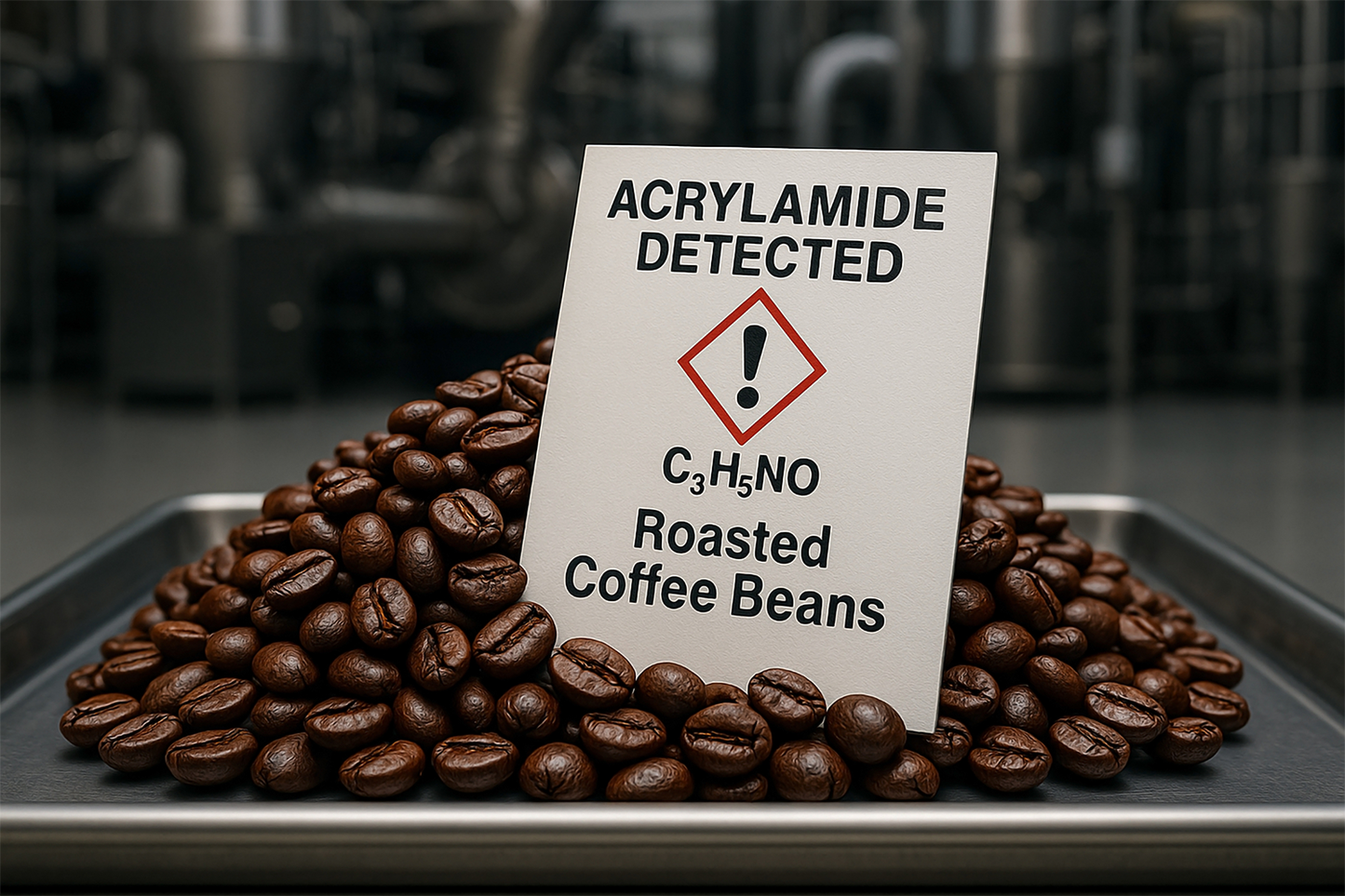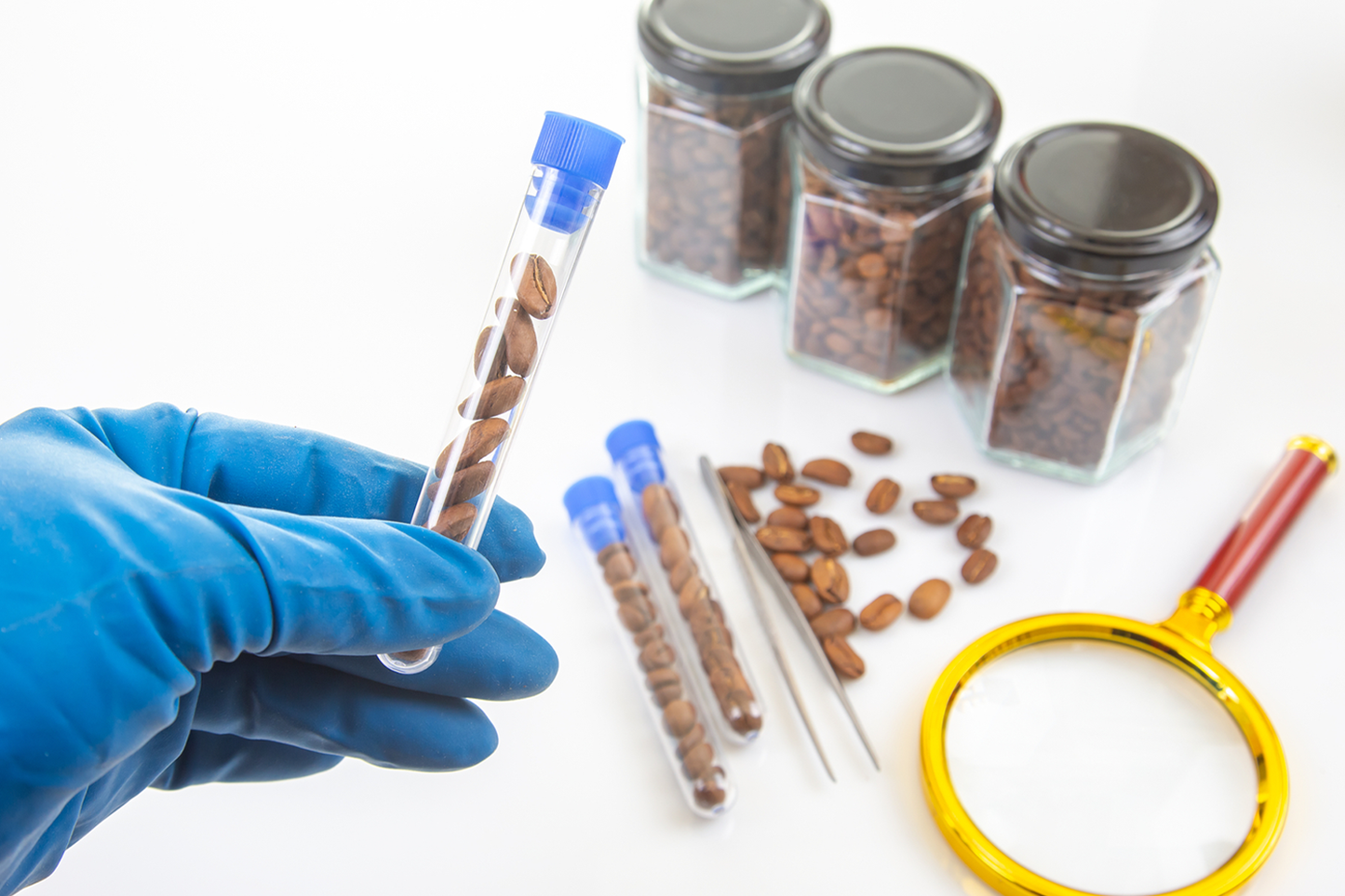Buy your weekday smoothies and get your weekend ones for free. (7 for the price of 5!)

LAB TESTED CLEAN COFFEE — BEYOND WHAT'S EVER BEEN DONE
When we say clean coffee, we mean it. Truista is the only coffee company to provide a Certificate of Analysis (COA) on every batch roasted, proving that a freshly brewed cup of our coffee contains no detectable acrylamide - a substance created during roasting that most coffee brands never test for. Our testing is performed by an independent ISO/IEC 17025:2017 accredited laboratory, the same global standard used for scientific and food-safety verification. The results came back “ND” (Non-Detectable), meaning even at the lab’s most sensitive detection limit (under 10 parts per billion), no acrylamide was found in our brewed coffee at a 1.25 TDS strength. It’s one more reason you can sip Truista with total confidence. Coffee this pure simply didn’t exist until now.

OUR MAGIC STARTS AT THE FARM
Coffee plants produce an amino acid called asparagine, which plays a vital role in managing nitrogen, especially under stress or nutrient-limited conditions. Asparagine acts as a mobile nitrogen carrier, helping the plant redistribute nitrogen from older tissues to actively growing leaves, berries, and roots. It’s an essential part of a healthy plant life cycle.

HOWEVER, THERE’S A CATCH
Asparagine is a key precursor to acrylamide, a compound that forms when coffee is roasted at high temperatures. Acrylamide is a natural by-product of the Maillard reaction, the same chemical process responsible for coffee’s rich flavor and aroma. Although acrylamide levels in coffee are significantly lower per serving than in foods like roasted nuts, potato chips, or french fries, the cumulative exposure can be notable, especially for individuals who consume multiple cups daily.

ASSOCIATED WITH LONG-TERM HEALTH RISKS AND POTENTIAL DNA AND MITOCHONDRIAL DAMAGE.
Even though it doesn’t accumulate like heavy metals, acrylamide’s DNA-damaging potential, neurotoxicity, and association with long-term health risks make it a concern with frequent exposure. Acrylamide triggers the overproduction of reactive oxygen species (ROS), which damage mitochondrial DNA, lipids, and proteins. This oxidative stress overwhelms the cell’s defenses and contributes to:
- Lipid peroxidation
- Glutathione depletion
- DNA damage

Acrylamide has been shown to induce mitophagy, the process by which damaged mitochondria are selectively removed. This is mediated by proteins like SARM1 and PINK1, especially in nerve and immune cells3. While mitophagy is protective in moderation, chronic activation can lead to:
- Mitochondrial depletion
- Impaired metabolism
- Neurodegeneration
Because neurons rely heavily on mitochondrial energy, acrylamide-induced mitochondrial damage can have serious neurological consequences. It’s been linked to axon degeneration (the breakdown of nerve fibers that disrupts communication between cells) and to neuropathy, a form of nerve damage that affects the peripheral nervous system, often resulting in pain, numbness, or weakness. Over time, this mitochondrial stress may also contribute to long-term cognitive decline, especially with chronic exposure.
















